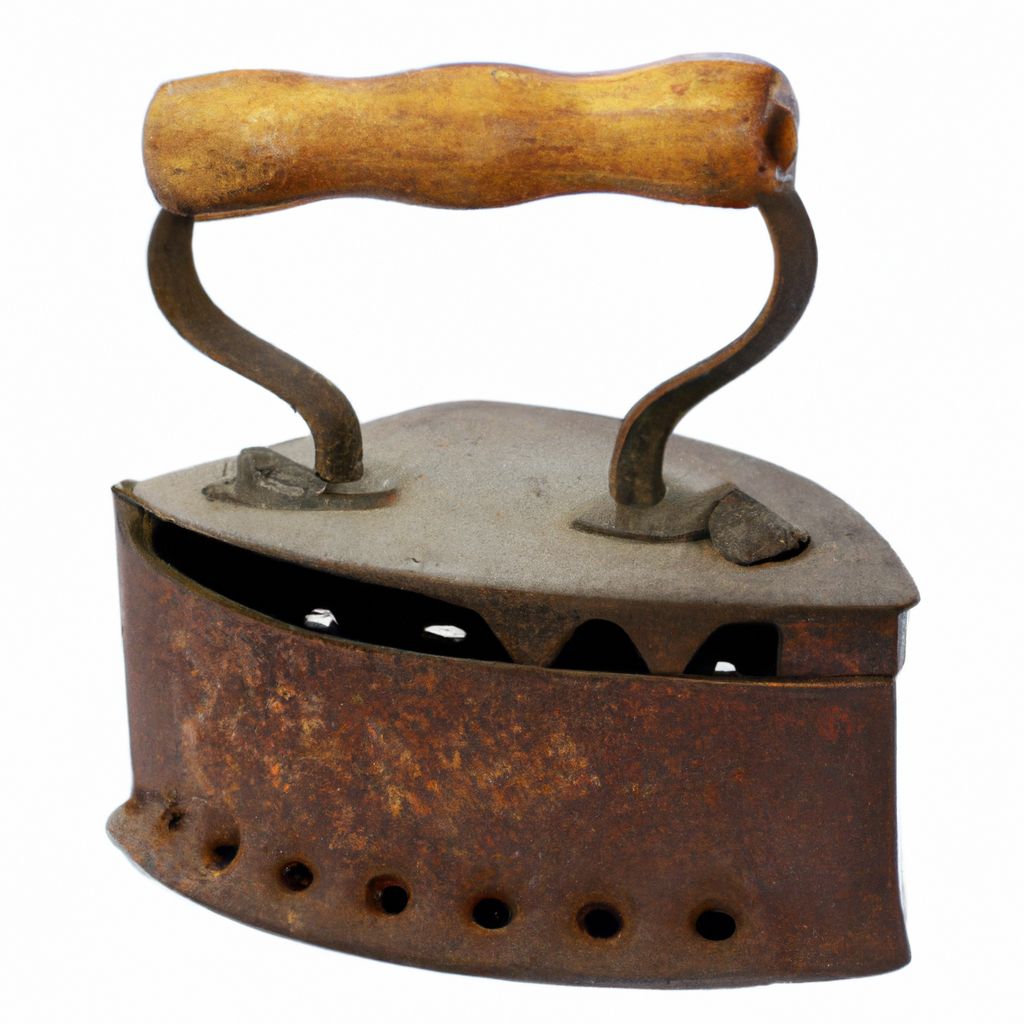The Pros and Cons of Cast Iron: Exploring the Advantages and Disadvantages
The Pros and Cons of Cast Iron: Exploring the Advantages and Disadvantages
Cast iron has been a staple in kitchens for centuries, known for its durability and ability to retain heat. Whether you're a seasoned chef or just starting out in the kitchen, cast iron cookware is a popular choice for many. In this article, we will delve into the advantages and disadvantages of using cast iron, helping you make an informed decision about whether it's the right choice for you.
Advantages of Cast Iron
One of the main advantages of cast iron is its exceptional heat retention. Cast iron cookware heats up evenly and holds heat for a long time, making it perfect for slow cooking and simmering. This heat retention also allows for excellent searing and browning of food, giving you that delicious caramelization.
Another advantage of cast iron is its versatility. It can be used on the stovetop, in the oven, or even over an open flame. This makes it ideal for a variety of cooking methods, from frying and sauting to baking and roasting. You can easily transition from stovetop to oven without needing to transfer your food to a different dish.
Cast iron is also incredibly durable. With proper care, it can last for generations. Unlike other types of cookware that may chip or wear down over time, cast iron only gets better with age. It develops a natural non-stick surface known as 'seasoning,' which improves its performance and makes it easier to clean.
Disadvantages of Cast Iron
While cast iron has many advantages, it also has a few drawbacks to consider. One of the main disadvantages is its weight. Cast iron cookware is heavy, which can make it difficult to handle, especially for those with limited strength or mobility. However, this weight also contributes to its durability and heat retention, so it's a trade-off to consider.
Another disadvantage of cast iron is its maintenance. Unlike other types of cookware that can be easily tossed in the dishwasher, cast iron requires special care. It should never be soaked in water or cleaned with harsh detergents, as this can strip away the seasoning. Instead, it should be gently cleaned with a brush or sponge and dried thoroughly to prevent rusting.
Cast iron also has a tendency to react with acidic foods, such as tomatoes or citrus, which can cause a metallic taste. However, this can be mitigated by ensuring your cast iron is properly seasoned and using non-reactive utensils when cooking acidic foods.
Conclusion
Cast iron cookware offers many advantages, from its exceptional heat retention to its versatility in the kitchen. While it may have a few drawbacks, such as its weight and maintenance requirements, these can be outweighed by the benefits it provides. Ultimately, the decision to use cast iron comes down to personal preference and cooking style. So, whether you're a fan of slow-cooked stews or perfectly seared steaks, cast iron may be the perfect addition to your kitchen.
 Oct06.chat.1pass.food and nature lover.advantages and disadvantages of cast iron
Oct06.chat.1pass.food and nature lover.advantages and disadvantages of cast iron

